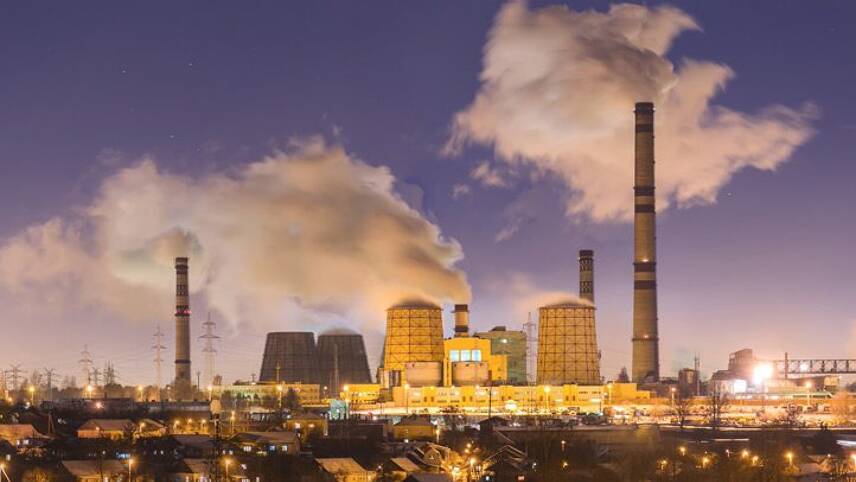Register for free and continue reading
Join our growing army of changemakers and get unlimited access to our premium content

Energy intensive firms may be given full exemption from the costs of green policy programmes
The Government has outlined new proposals to help subsidise the electricity costs of high-carbon businesses operating in sectors like steel, paper, glass, ceramics, and cement in its Energy Intensive Industries Exemption Scheme.
Under the proposals, the Government is consulting on an option to increase the level of exemption for certain environmental and policy costs from 85% of costs up to 100%.
The Government claims this has been proposed due to UK industrial firms facing far higher energy costs than those operating in other countries. In a bid to stop firms relocating away from the UK, the Government has proposed upping the exemption rate for the indirect cost of funding green levies such as the Contracts for Difference, the Renewable Obligation and Feed in Tariffs, across their energy bills.
According to the Government, the proposal could protect around 300 industrial businesses in the UK, supporting more than 60,000 jobs. It builds on the £2bn in Government grants and support offered to businesses in energy-intensive sectors to cover electricity costs since 2013.
Business Secretary Kwasi Kwarteng said: “British manufacturers are the lifeblood of our economy and central to our plans to overcome this period of economic uncertainty.
“With global energy prices at record highs, it is essential we explore what more we can do to deliver a competitive future for those strategic industries so we can cut production costs and protect jobs across the UK.”
The consultation was promised as part of the Energy Security Strategy. The Energy Security Strategy was originally promised in mid-March but was finally published in April. It is the first policy update of its kind in a decade and intends to deliver a response to the energy price crisis, which began last summer but has been exacerbated by Russia’s war in Ukraine.
The Department for Business, Energy and Industrial Strategy (BEIS) has been keen to pose the Strategy as sustainable, with a headline target to deliver an electricity mix that is 95% low-carbon by 2030. 2030 targets for offshore wind, nuclear and hydrogen deployment have been increased, and consultations on expanding onshore wind and solar this decade are promised, too.
Green groups voiced disappointment due to the Strategy’s lack of new support for improving energy efficiency and decarbonising heat, which experts have stated would be more effective at cutting energy bills in the near-term.
As the energy price crisis rolls on, arguments for and against renewable energy and green subsidies are becoming increasingly politicised. Where will this leave UK businesses seeking to align with – or get ahead of – the nation’s 2050 net-zero target? Click here to find out.


Please login or Register to leave a comment.